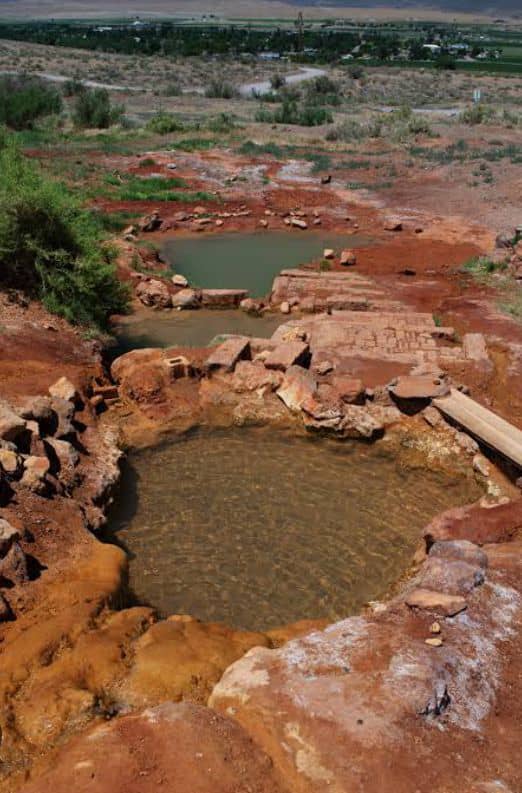Hot springs are natural pools of geothermally heated water that emerge from the Earth’s crust.
These remarkable natural phenomena have fascinated humans for centuries, offering both physical and cultural significance.
Found in various regions around the world, hot springs are more than just geological wonders; they are integral to health, tourism, and local traditions.
Hot springs form when groundwater is heated by geothermal energy from the Earth’s interior.
This occurs in regions with volcanic activity or tectonic plate movements, where magma or hot rock lies relatively close to the surface.
As rainwater seeps into the ground, it travels deep into the Earth’s crust, where it is heated and then rises back to the surface, forming a hot spring.
One of the most celebrated aspects of hot springs is their therapeutic properties.
The mineral-rich waters are believed to have numerous health benefits, including:
- Skin Health: Minerals like sulfur can help treat skin conditions such as eczema, psoriasis, and acne.
- Muscle Relaxation: The warm water helps relax muscles, alleviate joint pain, and improve circulation.
- Detoxification: Soaking in hot springs promotes sweating, which helps the body expel toxins.
- Stress Relief: The combination of warm water and tranquil settings provides a natural way to reduce stress and promote mental well-being.
Hot springs have played an important role in various cultures throughout history.
In Japan, onsen (hot spring) culture is deeply embedded in the national identity, with thousands of onsen resorts offering a serene escape and a place for communal bathing.
Similarly, the Roman baths were central to social and public life in ancient Rome, serving as places for relaxation and socialization.
Hot springs are major attractions for tourists seeking relaxation and natural beauty.
Regions with hot springs often develop resorts and spas that cater to visitors looking to experience the therapeutic waters.
This influx of tourists can significantly boost local economies, creating jobs and supporting businesses.
Hot springs also play a crucial role in local ecosystems.
They can support unique flora and fauna adapted to the warm conditions. In some cases, microorganisms found in hot springs have led to scientific breakthroughs, such as the discovery of thermophiles, which thrive in extreme temperatures and have applications in biotechnology.
Despite their benefits, hot springs face environmental challenges.
Overuse and pollution can degrade these natural resources.
Sustainable practices are essential to preserve hot springs for future generations.
Efforts include regulating visitor numbers, maintaining cleanliness, and protecting the surrounding natural environment.
Hot springs are more than just natural phenomena; they are vital to health, culture, tourism, and the environment.
Their significance spans across various aspects of human life, offering physical healing, cultural enrichment, and economic opportunities.
As we continue to enjoy and benefit from these natural wonders, it is crucial to adopt sustainable practices to ensure their preservation and continued significance for generations to come.



